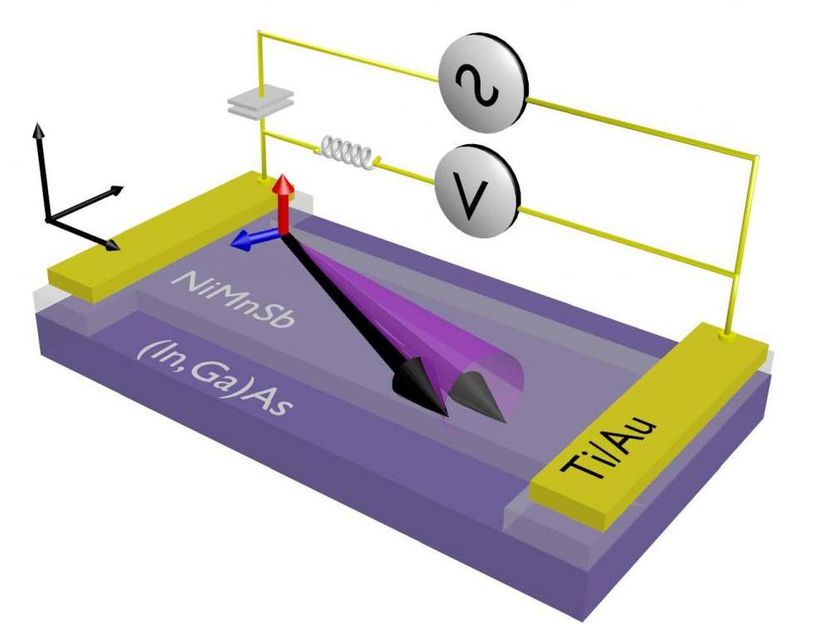BASF Chongqing MDI project approved
Facility to start up by 2014
BASF, has received approval for a 400,000 metric tons per year MDI (diphenylmethane diisocyanate) project in Chongqing, China. The investment will total RMB 8 billion (approximately €860 million). The facility, which will produce a core component mainly used for polyurethane foams, is expected to start up by 2014.
The project was approved by Chinese authorities, following a stringent examination of environmental, health and safety standards, two rounds of local public consultation and several expert reviews. This state-of-the-art facility will consist of an MDI plant, a nitrobenzene plant and an aniline plant, and will cover 40 hectares. It will form the center of an integrated chemical production complex operated by the Chongqing (Changshou) Chemical Industry Park.
Dr. Martin Brudermüller, member of the Board of Executive Directors of BASF SE, responsible for Asia Pacific, said, “Chongqing is at the center of a growing inland region. Investing here will give us access to what will be one of the biggest MDI markets in the world. We are applying world-class safety and environmental standards in the construction and operation of our facility, and at the same time we will produce products that have a direct impact on increasing energy efficiency and lowering carbon emissions. Our investment is a pioneering step into western China. With this investment we are supporting the Chinese Government with their plans for rapid and sustainable development in western China.”
BASF estimates that there will be at least 300 permanent jobs created through the BASF facility alone when the plant is operating in full swing. At start-up, a total of 17 plants and businesses in the chemical park will immediately begin operation as key partners or suppliers, forming the nexus of a new industry manufacturing cluster serving multiple, labor-intensive industries.
Most read news
Other news from the department manufacturing

Get the chemical industry in your inbox
By submitting this form you agree that LUMITOS AG will send you the newsletter(s) selected above by email. Your data will not be passed on to third parties. Your data will be stored and processed in accordance with our data protection regulations. LUMITOS may contact you by email for the purpose of advertising or market and opinion surveys. You can revoke your consent at any time without giving reasons to LUMITOS AG, Ernst-Augustin-Str. 2, 12489 Berlin, Germany or by e-mail at revoke@lumitos.com with effect for the future. In addition, each email contains a link to unsubscribe from the corresponding newsletter.
Most read news
More news from our other portals
Last viewed contents
Air Products to Build New Air Separation Unit in Gent, Belgium
Univar successfully closes Quaron acquisition

Multi Channel Systems MSC GmbH - Reutlingen, Germany

CIECH Group will change its name to Qemetica in June - "We have an ambitious plan to redefine the chemical industry in response to the challenges posed by everyday life"
Monitoring crude oil components in the water column





























































